Artificial Intelligence – The largest employment generator
Category: AI & Machine Learning Posted:Dec 04, 2018 By: Ashley Morrison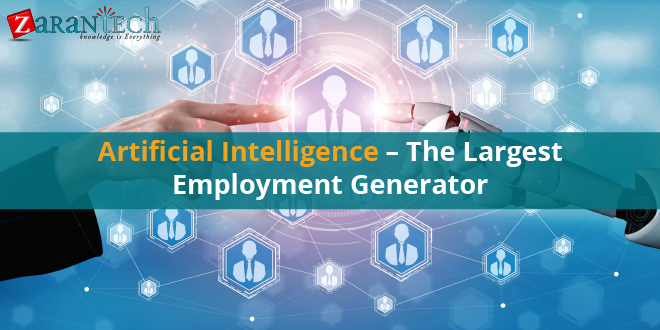
Artificial intelligence field is livelier than ever, and it is considered that we are at the beginning of innovations that can alter human culture forever. The influence of AI and robotics is stated as the Fourth industrial revolution. It is anticipated that in the upcoming year artificial intelligence will going to change the way of everyone’s working, thinking, and reacting. Many of the organization are now moving towards artificial intelligence and thus developing new opportunities for folks with AI abilities. To make employee expertise on these new technologies, the hi-tech industries such as TCS, Infosys, and Wipro have created their research services.
AI is one of the newest technologies. Organizations are utilizing AI to automate those jobs which usually performed by people. The major technical industry observes AI as the basis for their next generation of products. But there is a surprising talent shortage in the AI field- as per the technology and consulting firm sections AI there are less than 10k people who have the talent set to perform AI research. Due to this, the salary for AI experts has been raised; they are getting an average salary in the range of $3 lakh to $5 lakh. The robots are now substituting human’s jobs and presenting dimensions of intellectual computation. Thus, most of the companies are currently developing their research centers to enhance their employee’s skills in Artificial Intelligence and other new technologies like Blockchain, Big data, and Machine learning.
Learn AI & Machine Learning from Industry Experts
According to the new report from the World Economic Forum, it is expecting that machines and algorithms can build around 133 million unique job responsibilities, but can cause 75 million new jobs to be moved by the year 2022; this shows that in the upcoming years, artificial intelligence might create 58 million net new employment. With the help of this positive job development, a significant change is expected in quality, place as well as durability for the new roles. Also, the businesses are expected to enhance the usage of workers who perform the particular task and use remote staffing. It is also predicting that machines will carry out more existing jobs which 71% of humans are performing now. Due to this alteration, it will have a significant effect on the global workforce.
The report gives an idea of improving the quality of the work performed by humans. Also, it guides the people that how they should be ready for evolving roles. The report also represents that 54% of the large company’s workforce requires enhancing their knowledge to bind with these development opportunities completely. An analysis done on half of the companies shows that they are planning to train only the important job roles and only one-third are planning to train the vulnerable workforce.
About 50% of entire businesses are expecting that due to automation their full-time employees can reduce by the year 2022, but 40 % of companies are planning to expand their employees, and more than 25% are anticipating automation and artificial intelligence to develop new job roles in the business. There are a few fastest increasing job opportunities throughout all the industries which involve data analyst, software developers and social media experts. In addition to this, it also expected that the demand for jobs which needs human expertise such as sales and marketing, innovation and customer service would also be going to increase. Few jobs such as data entry, payroll, and some accounting functions are expected to shrink. The World Economic Forum is working through numerous industries to develop road-maps to reply to these new openings. The respondents have delivered three different planning to manage these challenges. This involves recruiting entirely new permanent staff with new technological skills, automating particular work and re-skilling the current workforce.
According to the WEF report, the growth of employees will contrast across industries. It is expected that between the years 2018 to 2022, the aeronautics and tourism industries will going to perceive the greatest amount of re-skilling. Most of the physical tasks are expected to be substituted by the mechanized labor which enables humans to focus on more productive jobs.
The WEF report estimates the varying shape of work in the Fourth industrial revolution, by following the speed of technological change as it provides an increase in the new job role. One of the significant modifications is recognized in the role of developing technologies like automation and artificial intelligence (AI). The report throws more light on the role of new technologies in the workers market as well as it also carries more transparency to the discussion of how AI can develop and restrict the financial prospect.
The analysis disclosed two parallel trends, i.e., the continuous increase in technical jobs and skills, and another growth in human-centric employments and skills, i.e., those jobs that mainly relies on human qualities. The professional roles such as data analysts, software engineers, together with technical skills like cloud computing, software testing, and AI are currently more demanding in most of the businesses and across all areas.
Now, the influence of AI is not only theoretical, but it has also become part of our life. Thus, let us see how the growing AI skills in the employees are affecting various enterprises and their job roles. The research on the growing skills all around the world throws light on various increasing trends:
Presently, artificial intelligence is the quickest growing skills, and about 190% of the increase is observed from 2015 to 2017. AI skills here means the abilities required to develop the AI technologies, which involves proficiency in different areas like neural networks, deep learning and machine learning and also the tools such as Scikit-learn. The data on Linkedin represents that all the technical AI talents are increasing rapidly all around the world.
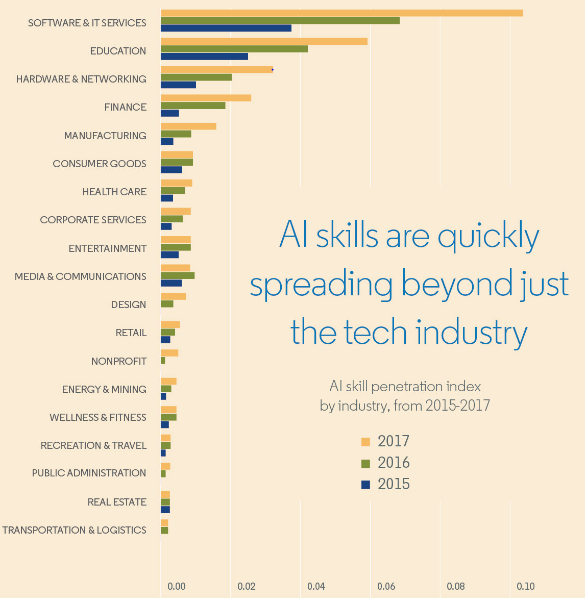
It is observed that the AI skills are increasing in every industry, therefore if an enterprise has a workforce with more AI skills are also the fastest changing industries. If a change is considered to be proxy for revolution, then this shows that the presence of AI talents associates intensely with innovations in an industry. It also indicates that industries can invest greatly in their AI skills.
AI skills are present worldwide, and there are various countries such as United States, China, Israel and Germany which has the highest perception of AI skills.
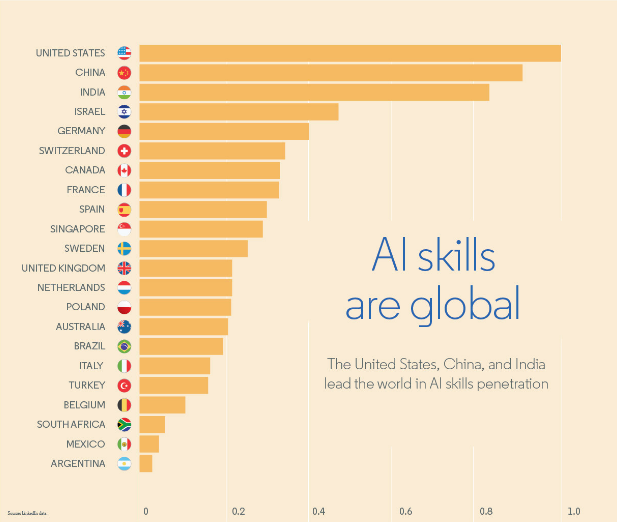
The above report clarifies; the expected AI effect on the labor-market fits neither of the energized stories that tend to keep features. It is assumed that the amount of work performed by machines will jump from 29% to more than 50% by the year 2025; however, the new labor-market demands will going to join this fast move, that may result in more jobs.
Though AI is probably not going to supplant human laborers, there is doubt concerning jobs that what types of jobs will be made, how much they will be permanent, and what sort of training they may need. Well, setting up the employees for these modifications will rely on a data-driven method to deal with understanding the patterns which are forming the future of the labor market, and a promise of spending in all-time learning prospects which may help the laborer to adjust to fast financial modifications.
Register here for Live Webinar on AI & Machine Learning
Conclusion:
As the world keeps on capitalizing Artificial Intelligence, the companies will continue evaluating their externalities and effect on the employees, specifically when they associate with openings for more powerful retraining and teaching activities. As there is a continuous increase in the innovative talents thus the governments, educational institutions and companies should consider how they can create learning platforms more successfully to train people with needed skills to stay aware about the cutting-edge economy. According to the WEF report, AI, robotics and other smart automation are progressing rapidly and have the potential to carry excessive benefits to the economy, by enhancing productivity and developing new products and facilities. Previous analysis shows that these technologies can contribute up to 14% to global GDP by 2030, which is equal to $15 trillion at the present value.
I hope that by now you have had an overview of AI & Machine learning. Before you enroll in ZaranTech’s certification course on AI&ML, do check out the Machine Learning with Python tutorial for Beginners:
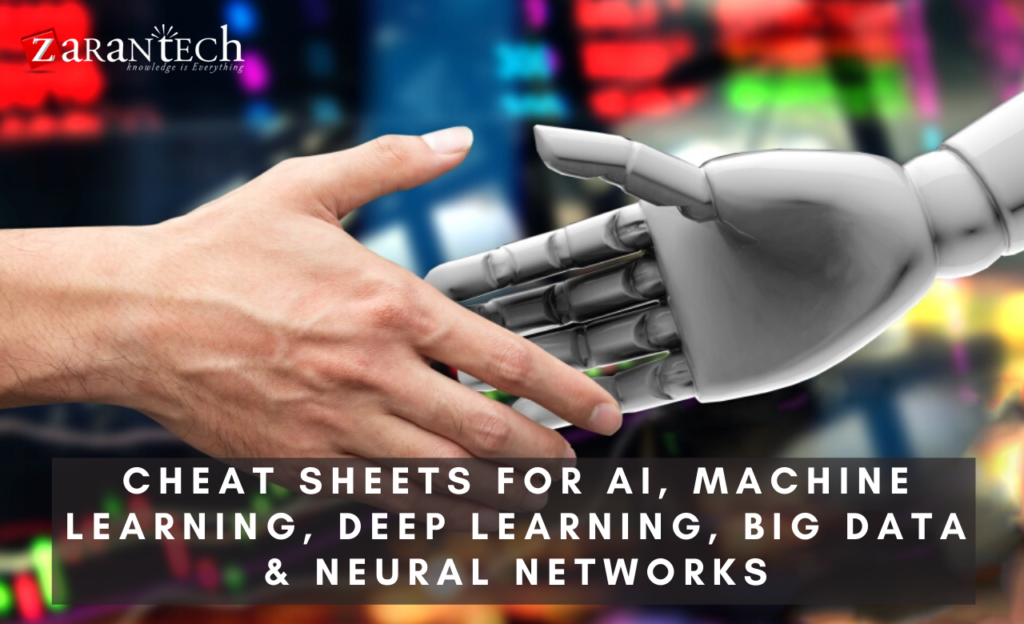
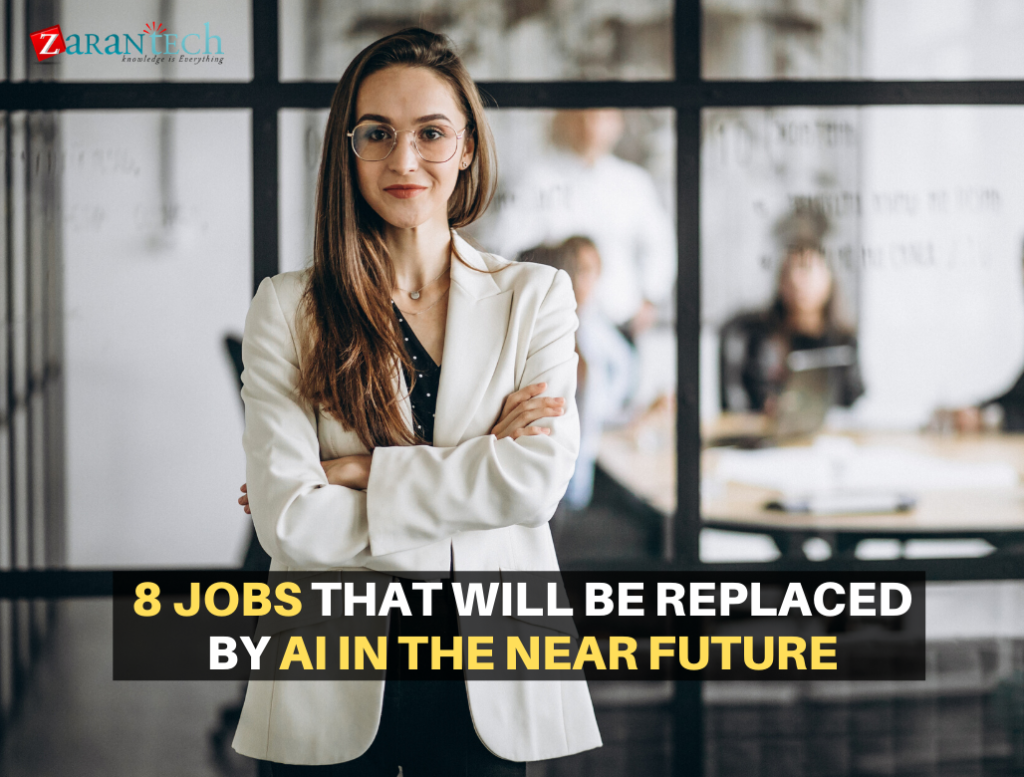
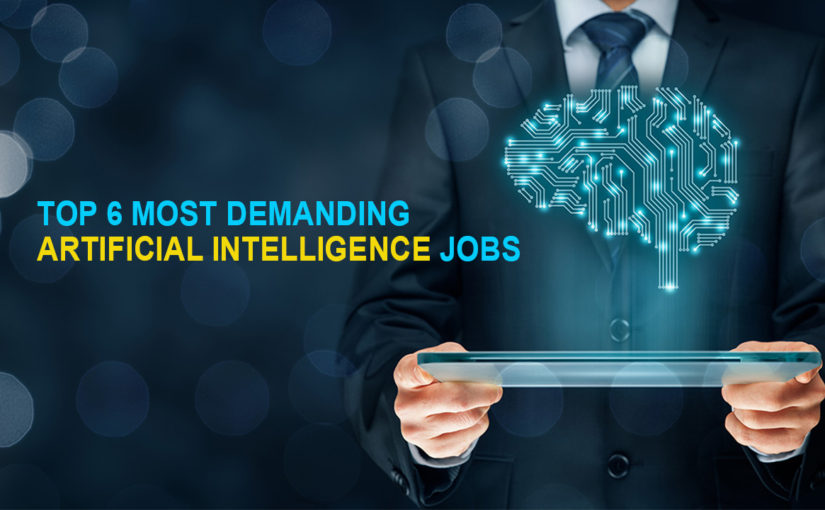

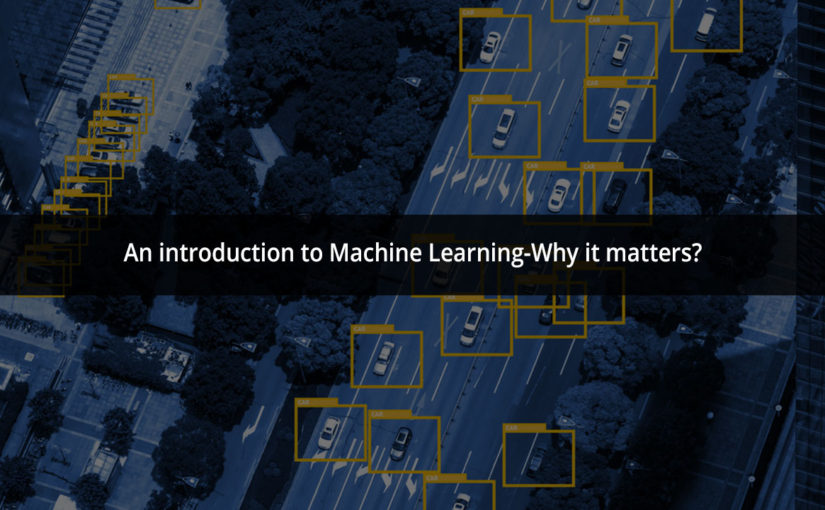
 99999999 (Toll Free)
99999999 (Toll Free)  +91 9999999
+91 9999999